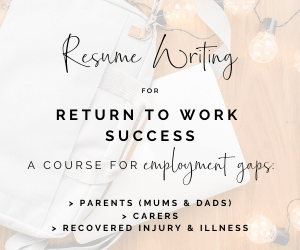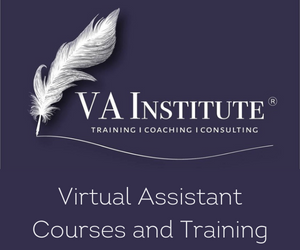Here are some strategies that could make your work more enjoyable:
Do you feel stuck in a rut? Have you lost that enthusiasm for your job? Are you feeling unappreciated? Remember when you were ecstatic about securing your new position? Where has that feeling gone? Do you even like your job?
At the end of the day, at least you have a job, right? Wrong! If all you do is complain about work to your friends and loved ones, you are not only making yourself miserable, but you are possibly boring your friends and family to tears. What can you do? You are your own person. You control your life. Perhaps you may not be in a position to change your job right now – you may not have the experience or maybe you have a mortgage to pay or a family to support. Whatever the reason, there is always a way to make the best of a situation.
There are some steps you can take to make your work life better:
- The first step is to stop complaining. I know, it sounds simple, but why shouldn’t it be? Have a reality check. Make an effort to remove the negativity in your life, starting with your own outlook.
- Focus on the positive aspects of your job and identify ways to improve what might not be working so well. Think out of the box and identify ways in which you could be more valuable to your team and company.
- Reflect on the success you’ve had with your job. Getting yourself in the same mindset will bring motivation to succeed again.
- Declutter your work-space. If you’ve got a big pile of papers on your desk and a million emails in your inbox it can seem overwhelming and drain you of energy. If you’ve dealt with an email, move it to a designated folder. If you’ve finished with paperwork, file it away. Decluttering is empowering and gives you perspective on what you actually need to get done.
- Try being more of a team player. Introduce new ideas, contribute more to the team, get to know more colleagues, help another teammate with a project. Make yourself a valuable member of the team, and a valuable employee for the company.
- Don’t compare your salary to others. Forget about your colleague’s salary, perks and title. In a recent study that spanned 24 counties, researchers found that people who compare their salaries are less content than those who don’t.
- Discuss training or learning opportunities with your Manager or HR Department. You are the one who is responsible for your career – whether you are successful or not is solely up to you. Take this opportunity to blow out the cob-webs and learn something new. Take advantage of the training programs that your organisation offers. If that’s not possible, make a business case to attend a conference to learn something new, proving how it will benefit your employer.
- There are many ways in to be an integral member of an organisation. Be noticed, have a great attitude and you will feel how appreciated you really are, and with any luck, you’ll be rewarded for it.
- Switch off once you leave work. You can’t go into the workplace refreshed the next day if your brain doesn’t take some time off from thinking about work. So make sure when your body leaves work, your brain isn’t left behind. Mentally leave your job when you do so you can relax and recharge. There’s not much that’s so important to do that it can’t wait until the next morning.
Here is a list of don’ts:
- Being the office gossipmonger is the No 1. faux pas. There is no place for gossip in the office. This creates a negative environment and reduces trust.
- Stealing time – It isn’t ethically correct to continuously check personal email, make personal calls or surf the internet. You are being paid to work. By all means, if your employer allows it, use your lunch break for personal email, calls or surfing. Don’t become known as the slacker.
- Never bad-mouth your employer/organisation. It is a small world. You don’t know who you could end up working with 5 years down the track. Always remember to treat people like the way you want them to treat you.
- Most of all, stay on the hunt- make yourself available. Remember, times will change and if you still aren’t keen to continue in your current position, you can move on. Network with people, socialise and let them know at appropriate times that you are considering moving on. The next person you meet at the train station could end up being your new client, colleague or employer. Use social media (Facebook, Linkedin, Twitter, your own blog etc.) to your advantage, but remember to be careful about what you put on the internet for the world to see.
- Even in difficult times, you will always have someone to bounce ideas off – a spouse, friend or family member.
So stop stressing about what’s happening around you and take charge of your career to improve your life and like your job!






